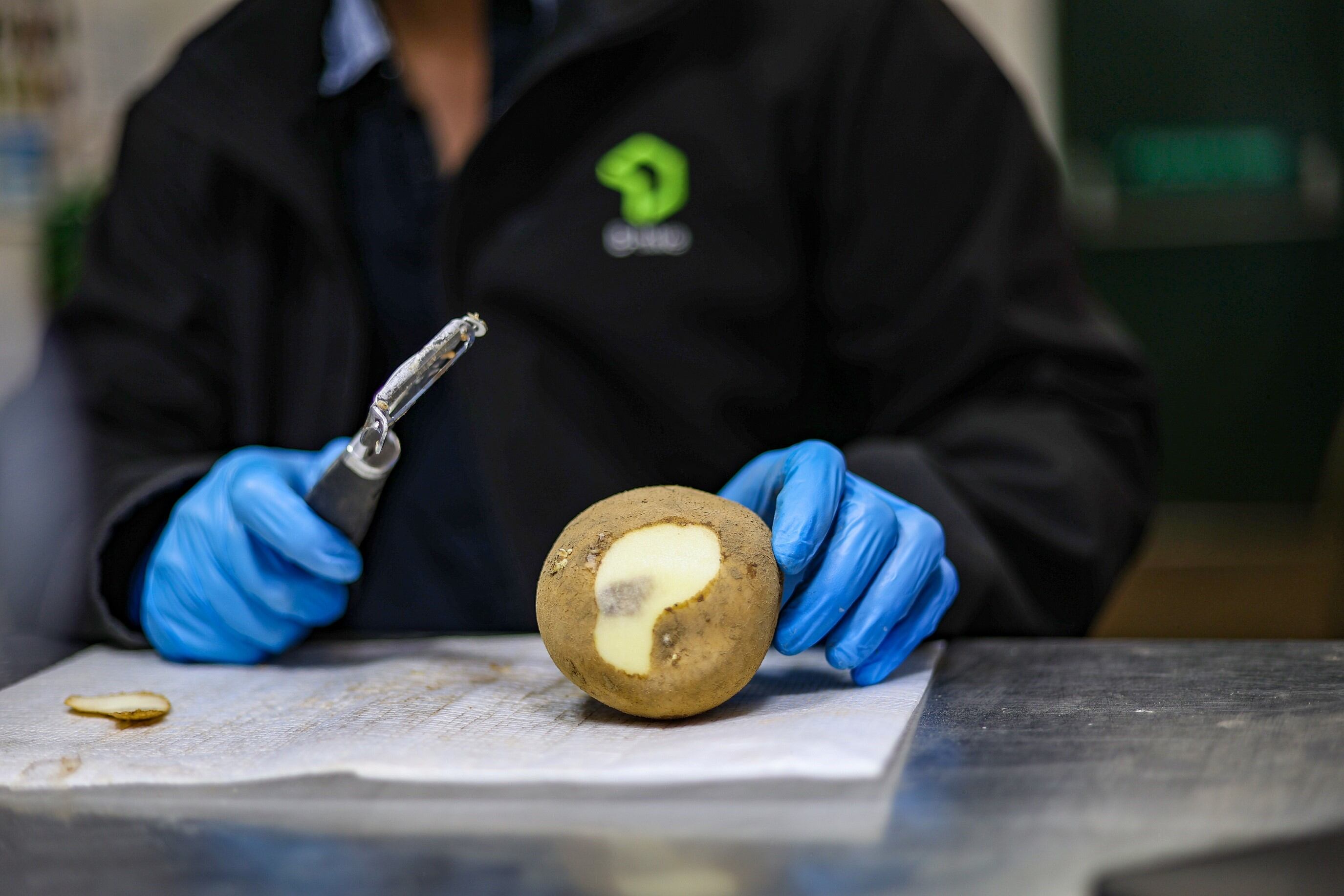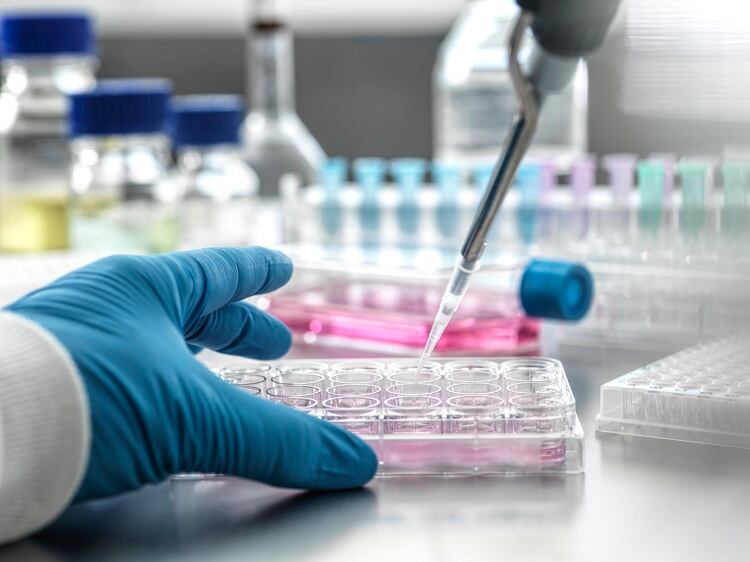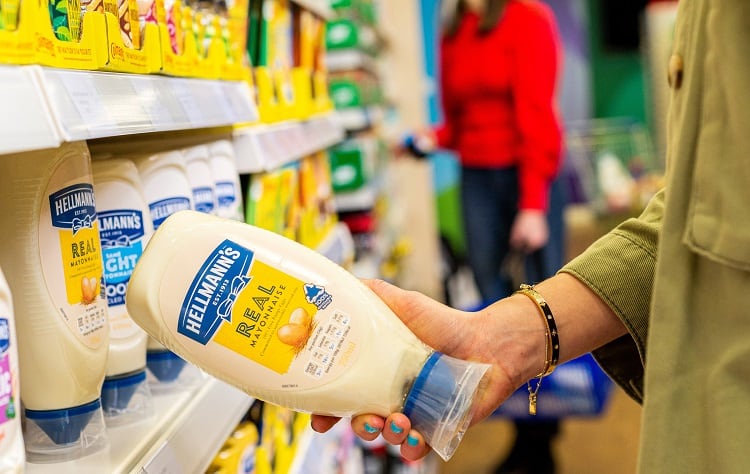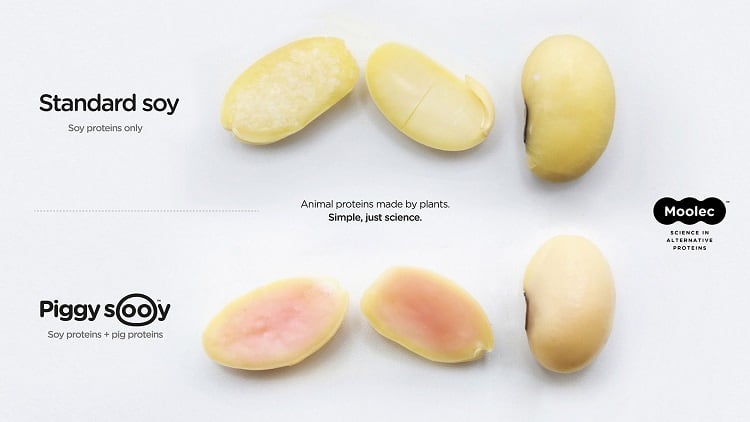UK-based B-hive Innovations – which develops technologies for the fresh produce industry to increase marketable yield, improve crop utilisation and quality, reduce food waste and add value to supply chains – has unveiled a new programme that aims to reduce the risk of potato bruising and develop technologies that could reduce supermarket waste.
In partnership with scientists at the National Physical Laboratory (NPL), B-hive’s research team will investigate non-destructive methods of measuring turgor pressure in potatoes; this is the force inside cells that pushes outwards, allowing the cells to withstand shocks and reduce bruising.
The project will gather extensive data to provide proof of concepts for tools that ultimately could automatically sort different fresh produce by bruising risk.
Dr Barbara Correia, UKRI Future Leaders Fellow and TuberTurgor project lead at B-hive, said growers and supermarkets are increasingly impacted by potato bruising that is brought on by prolonged periods of drought from rising global temperatures. "This can drastically increase susceptibility to bruising damage during handling, so there is a supply-chain need to investigate how this can be reduced through devising early, non-destructive detection measures," she said.
A range of techniques will be explored
Collaborating with the team at NPL to utilise its technical expertise and access to turgor analysis techniques, B-hive will be testing a series of prospective methods to measure turgor pressure. A range of techniques will be explored, including physical hardness measures, ultrasonic and spectroscopic testing, as well as high resolution imaging approaches.
After an initial period to define the research protocol, the team will be conducting the first testing phase from August to October to determine the most successful testing methodologies. This will inform the second testing phase to gather extensive data for the most promising techniques - set to take place from November until the project completes in March - with refinements being continually made.
Dr Tony Maxwell, technical lead at the National Physical Laboratory, said: “NPL has a long history in the development of measurement techniques, and we are excited to be able to apply our expertise to an issue that so directly influences agricultural productivity and the environment."
Dr Andrew Gill, general manager at B-hive, said: “The TuberTurgor project is our latest fresh-produce analysis initiative, which has been devised to help supply chains minimise waste.
“Bruising contributes to enormous losses in productivity and reputational damage for both growers and supermarkets. We are delighted to have secured funding that could help to retain a high overall quality of end produce, as growers face ongoing challenges to manage their crop.”





